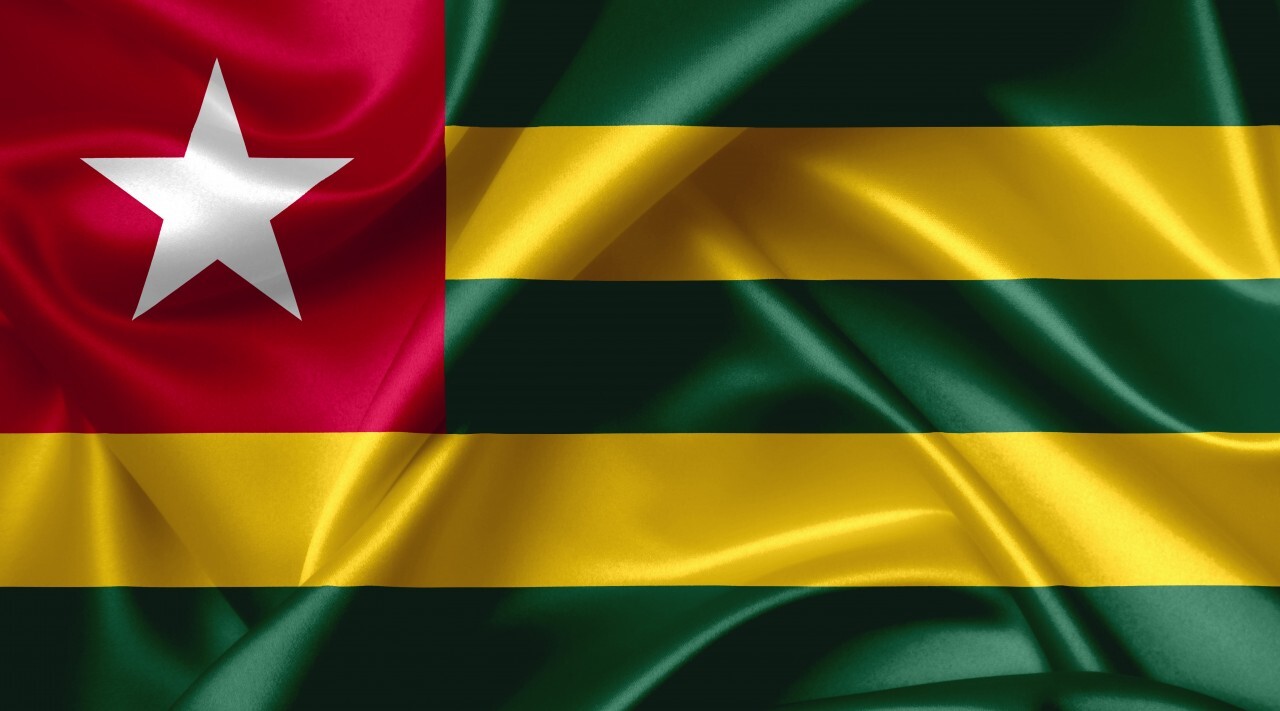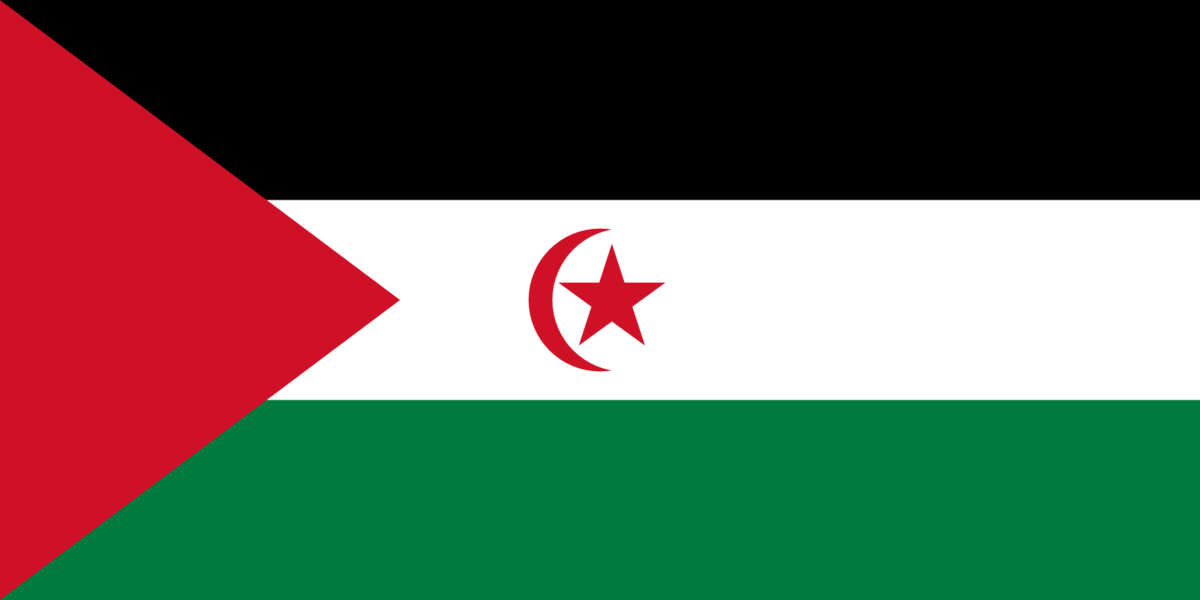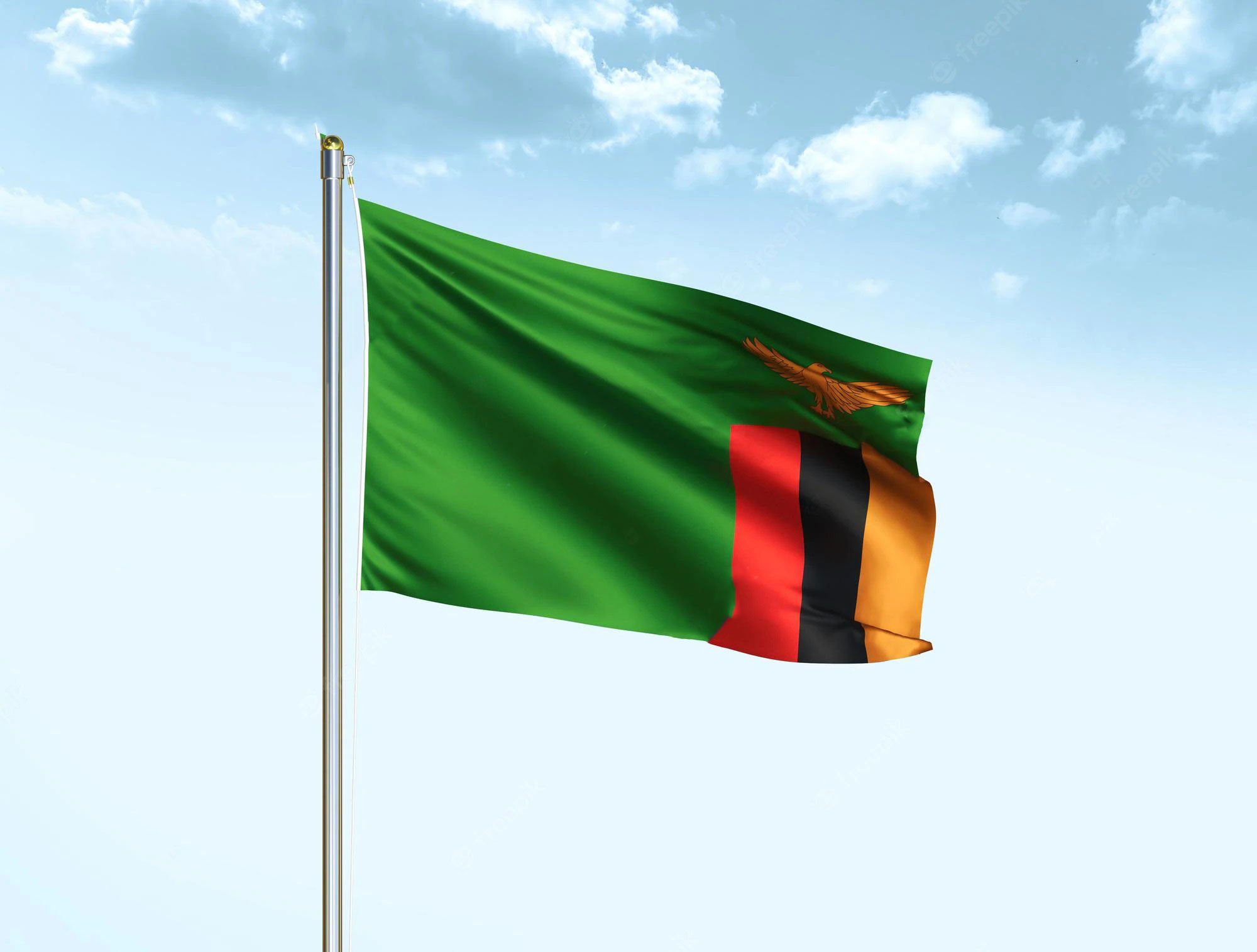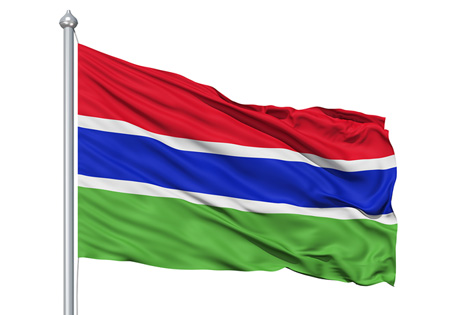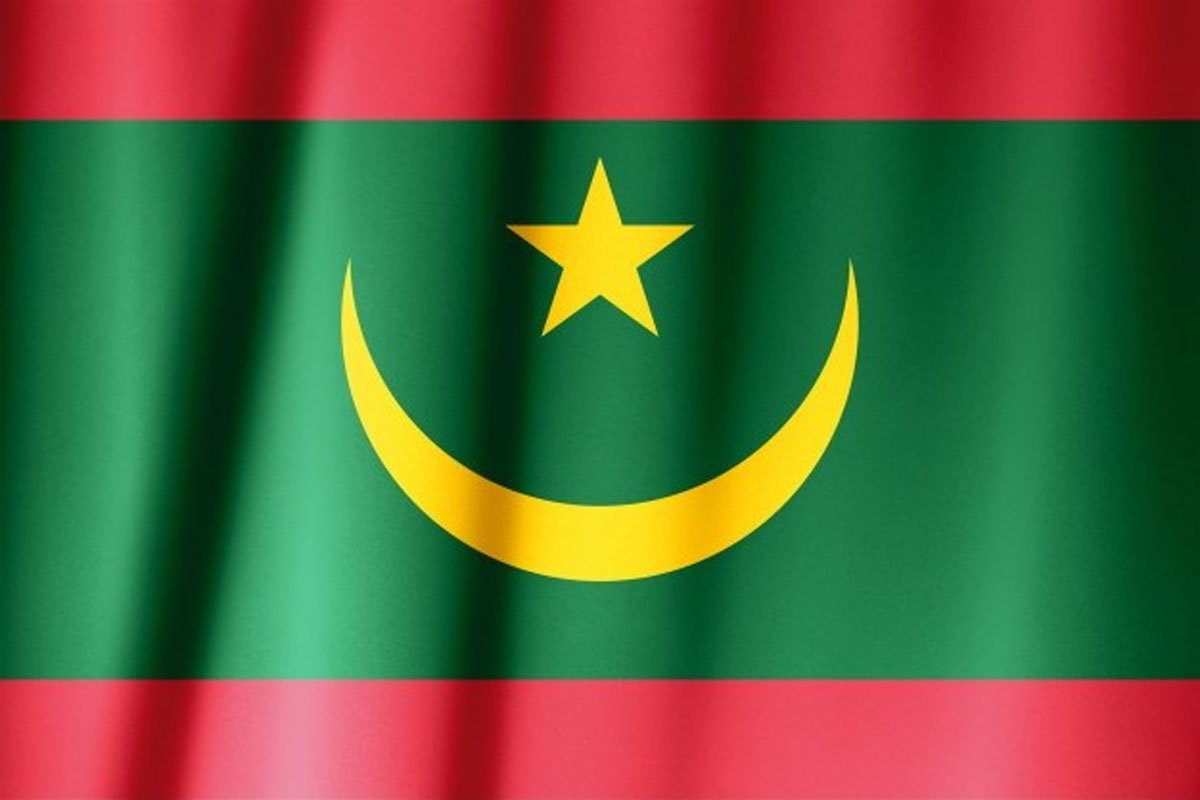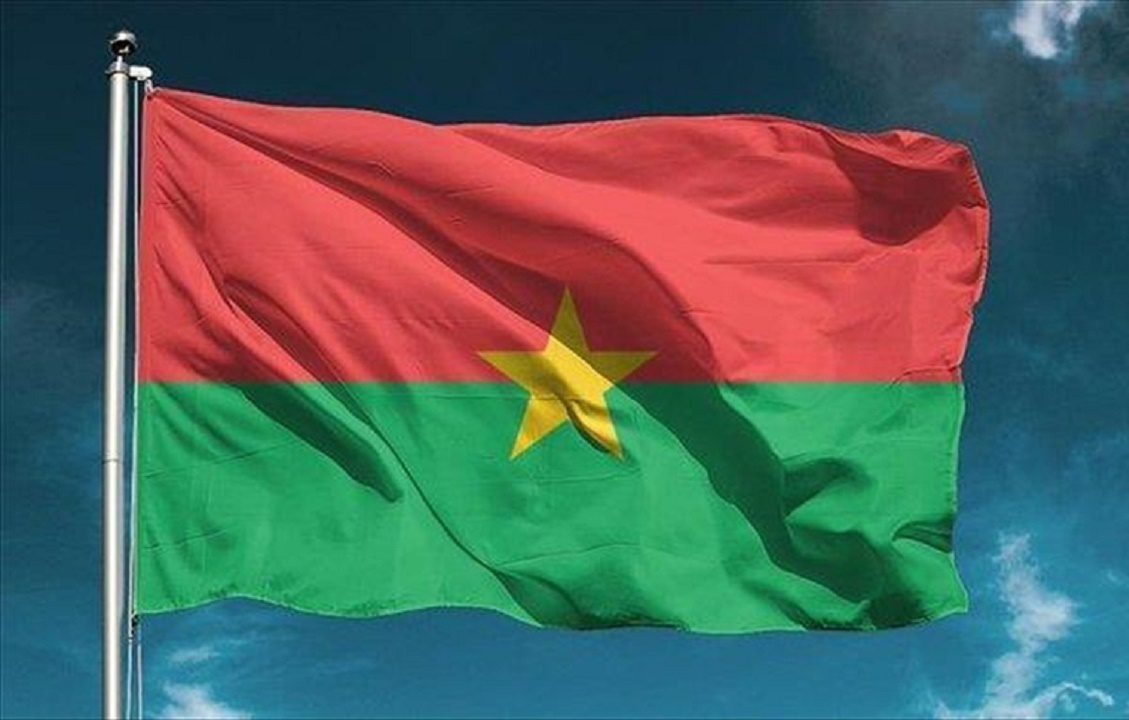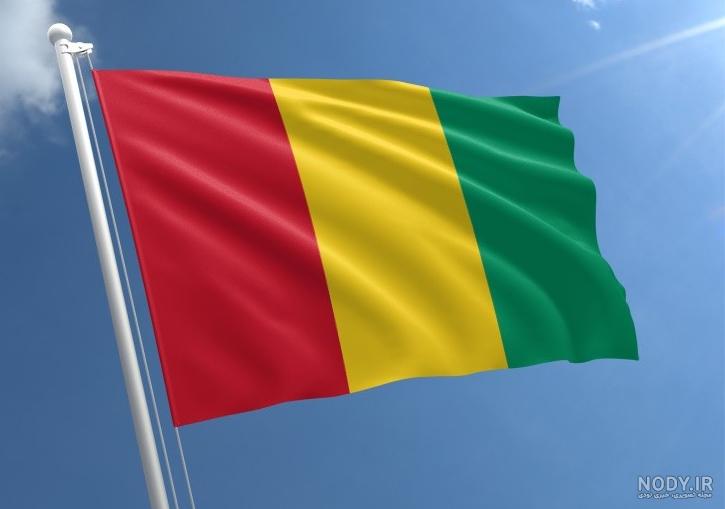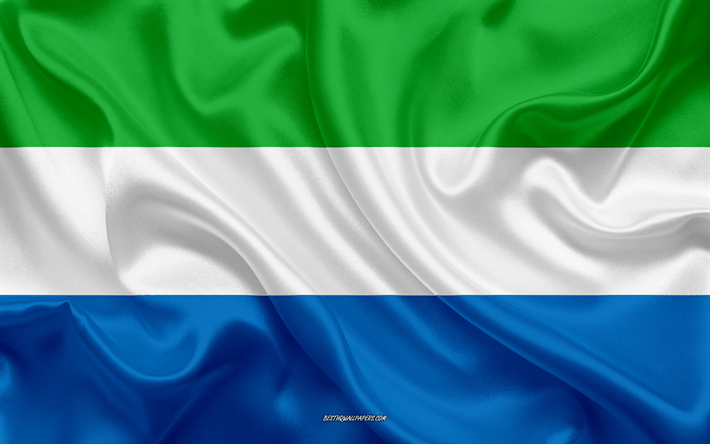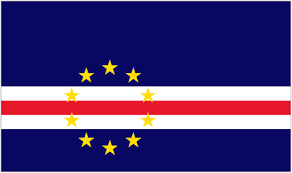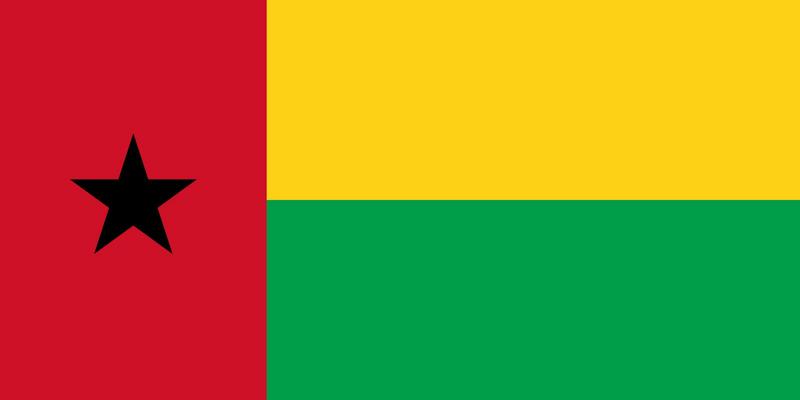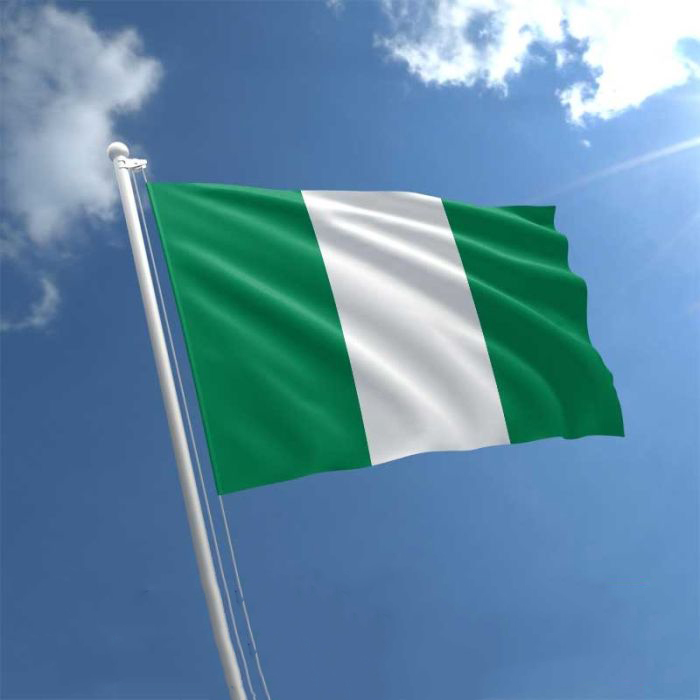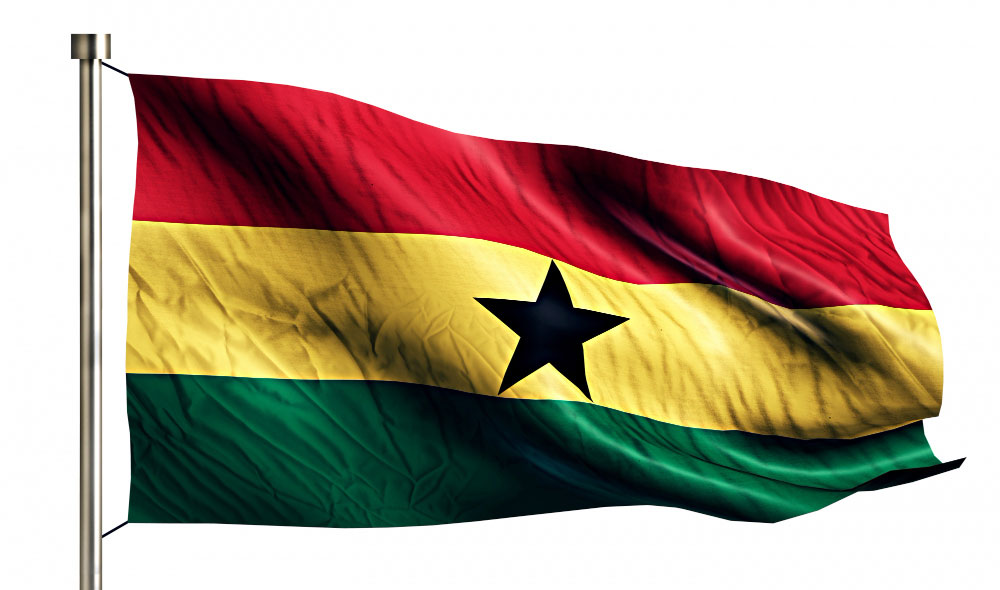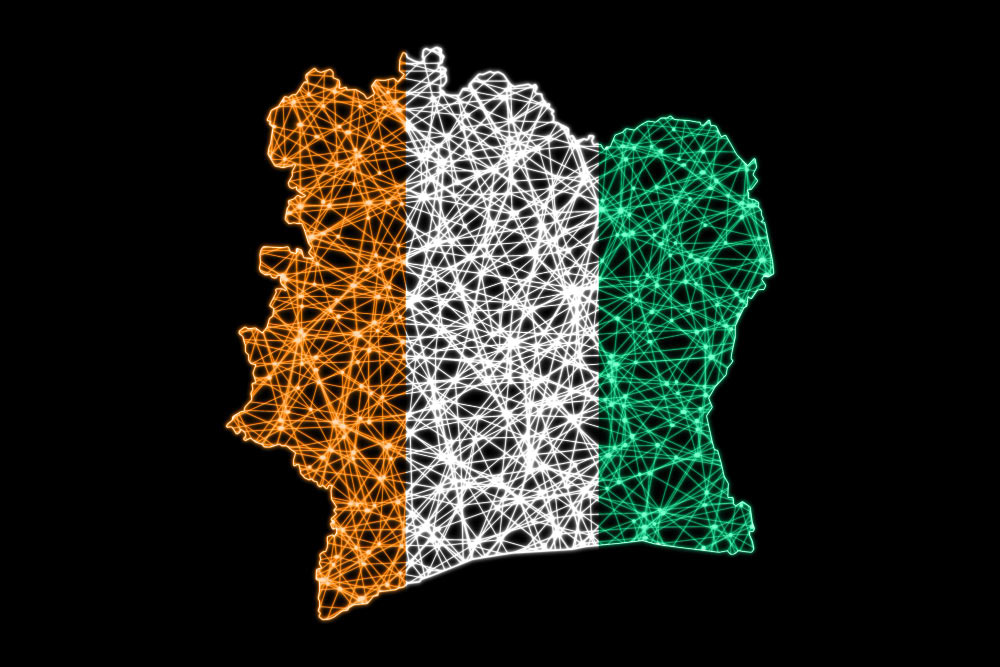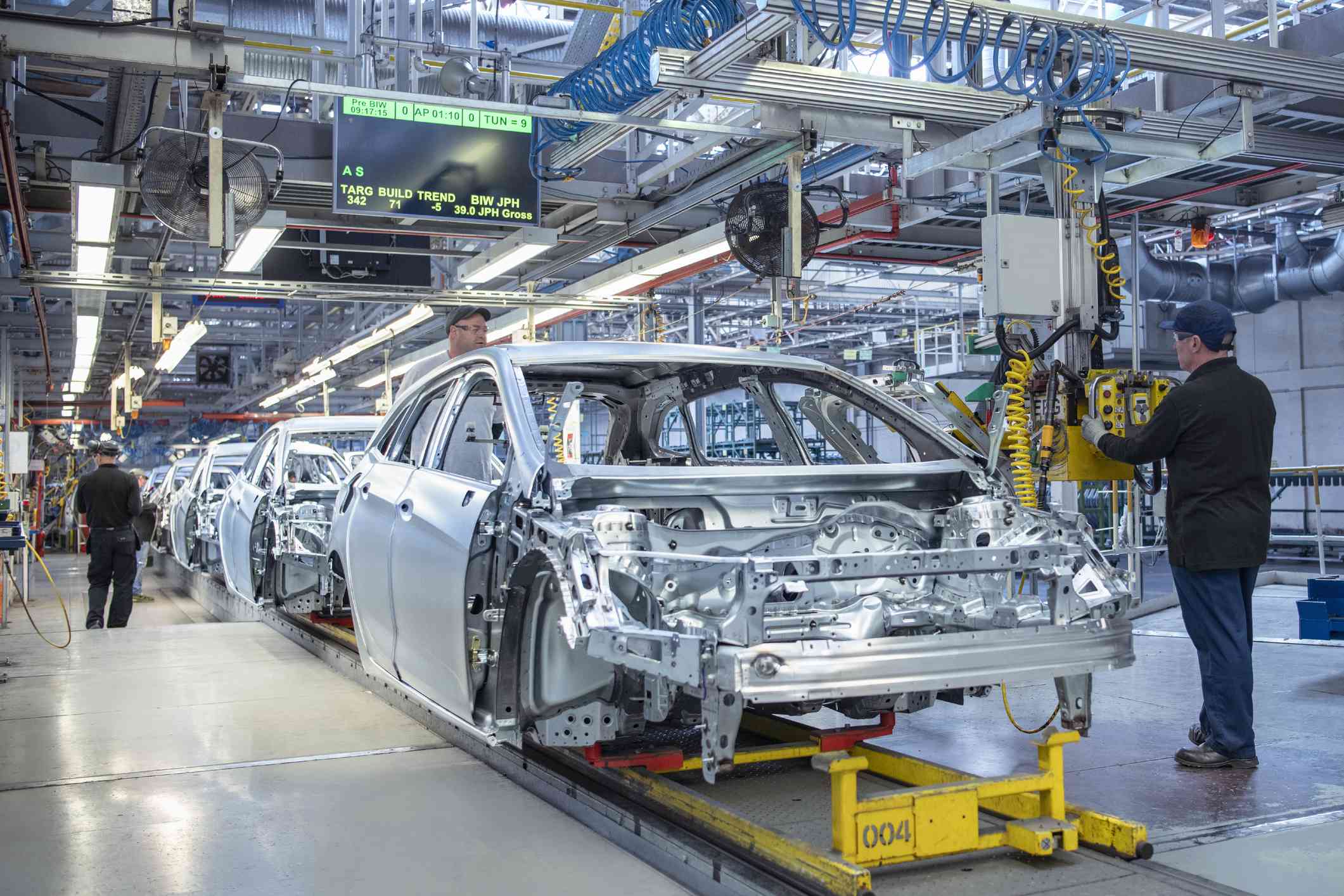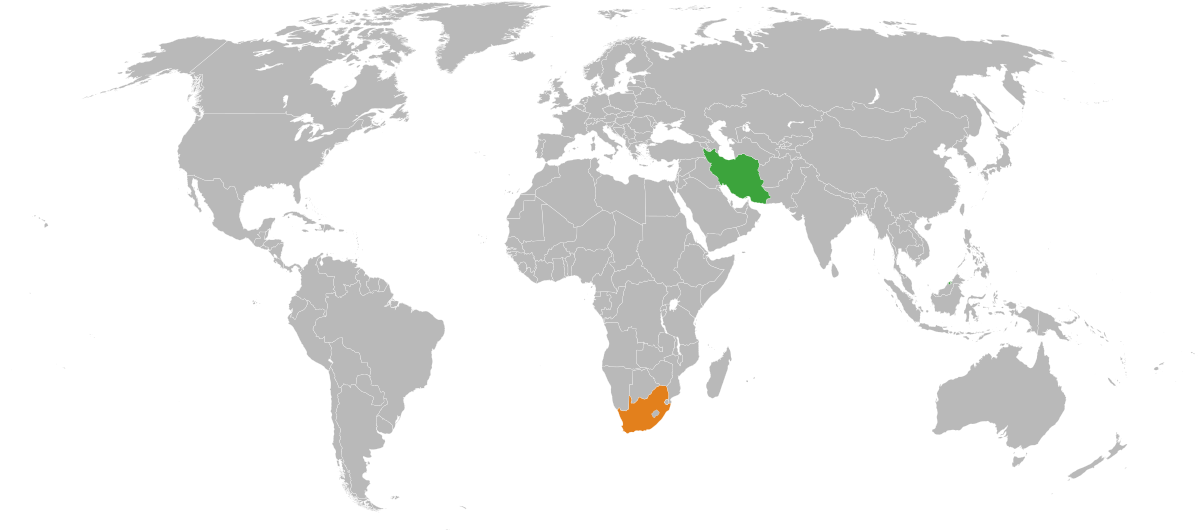- Information about African countries
- west Africa
- East Africa
- North Africa
- South Africa
- Central Africa
Menu
Close
Menu
Latest News
- Importing gold from Africa, the best alternative to return foreign exchange earnings
- Raisi aims to enhance the connection between the Iranian diaspora and their country of origin.
- (July 18); Nelson Mandela International Day
- The busy trip of the president/signing of 12 documents and memorandum of cooperation between Iran and Zimbabwe
- The end of Raisi’s intensive trip to Africa/ signing of 21 cooperation documents between Iran and three African countries

